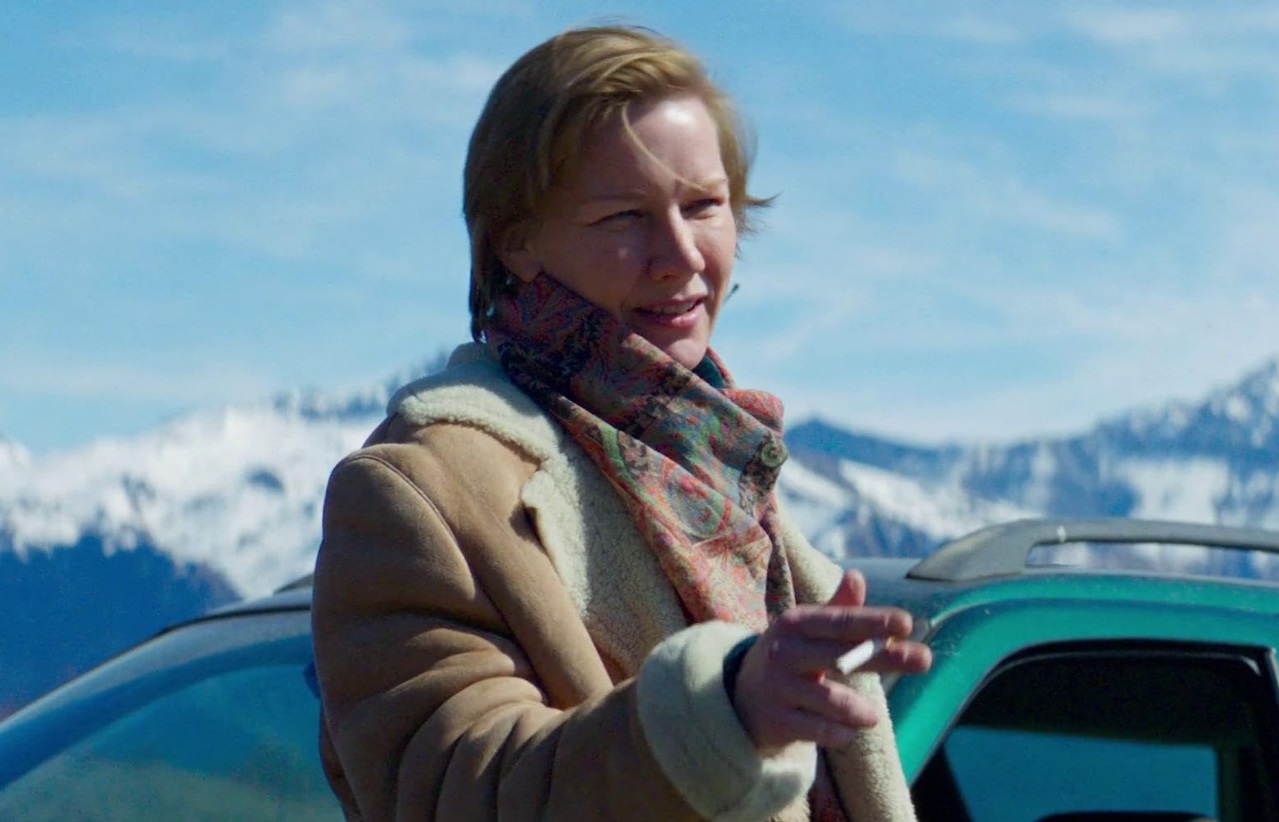Anatomy of a Fallor Anatomy of a kick in the original language, it is a French courtroom drama film released in 2023. The production is one of the highlights of the year, including at the Oscars, with nominations in categories such as Best Film, Best Actress and Best Director.
Who has already seen the film after the opens in Brazilian cinemas on January 25, 2024 You may have been in doubt about the outcome of the plot. After all, is the character played by Sandra Hüller really responsible for the crime she was accused of?
Next, remember the ending of the film directed by Justine Triet and understand what elements are at stake for the public’s interpretation.
Is Sandra innocent?
Anatomy of a Fall is the story of writer Sandra (Sandra Hüller), who is accused of murdering her husband Samuel (Samuel Theis) after he falls from a window while renovating their house.
Now, she needs to prove her innocence while dealing with the trauma of her son Daniel (Milo Machado Graner) and accusations from an aggressive prosecutor. The main help comes from an old friend, lawyer Vincent (Swann Arlaud).

At the end of the film, Sandra is found innocent by the court and returns home after several days of trial. The thesis that Samuel possibly committed suicide rather than being pushed It was deliberately accepted by the jury, who ended up convinced in the final stages of the process.
Nonetheless, the feature film does not make it evident at any point whether or not Sandra killed her husband. There are clues for both sides, but the ambiguity and permanence of doubt are part of the director's intention.
Why did Daniel change his statement?
Another mystery that surrounds the final moments of Anatomia de um Queda is the opinion of young Daniel, aged 11, about the alleged crime committed by his mother. The couple's son spends the entire film traumatized and speaking little, shaken by the loss.
However, their testimonies are important in two moments. Initially, He is the one who reveals that the couple fought quite often and got into an argument moments before the accident. As the boy has low vision, however, there are certain inconsistencies and limitations in the report.
Daniel hesitates and changes his version of the story when he realizes that his testimony means his mother's greater involvement. Furthermore, on the last day of the trial, he decides to testify again to tell something that until then was unknown to everyone.
The young man says that his father and he had a conversation in the car about loss and grief one time when the family dog, Snoop, was taken to the vet after an emergency. Samuel talks about how his son “you should prepare for the possible death of a loved one”.
According to Daniel's testimony, he had only realized during the trial that the father would not be talking about the pet, but about himself. This is evidence considered definitive for the acceptance of Sandra's defense.
The “experiment” with Snoop
To reach this conclusion, Daniel carried out an experiment the night before the testimony. He mixed a series of aspirins into Snoop's food and watched the animal get sick until he is seen by Marge (Jehnny Beth), the social worker who accompanies him.
According to the boy, Snoop reacted the same way he did six months ago, a period reported by Sandra as a possible suicide attempt by her husband due to an overdose of aspirin. At that time, the animal may have ingested the remains of the medicine after Samuel vomitedwhich made him feel ill.
Snoop had a tired expression, with his tongue hanging out. After the scare, he slept for several hours and became unusually thirsty — the same behavior he demonstrated previously. It was during this period that Samuel and Daniel go to the vet and have a conversation about death.
Initially, therefore, the change in testimony undermines Daniel's credibility. However, his motivation to prove a thesis reinforces that he in fact defends his mother's innocence.
The end of Anatomy of a Fall
After the outcome of the trial, Sandra and Vincent go out to dinner. She, however, does not seem excited or relieved, but rather melancholy about the situation.
This contributes to the ambiguity of the ending, already described by the director as purposely without images or evidence. Samuel indeed may have provoked a fight to incriminate his wife and committed suicide, as he recorded the discussion. In this case, Sandra would be sad about the tragic end of her marriage, which was already in crisis and how it may have affected Daniel.
On the other hand, she may also be carrying the guilt of having lied in court and got away with the charges — counting on equally dubious help from her son, who perhaps hasn't yet been convinced of his mother's innocence.